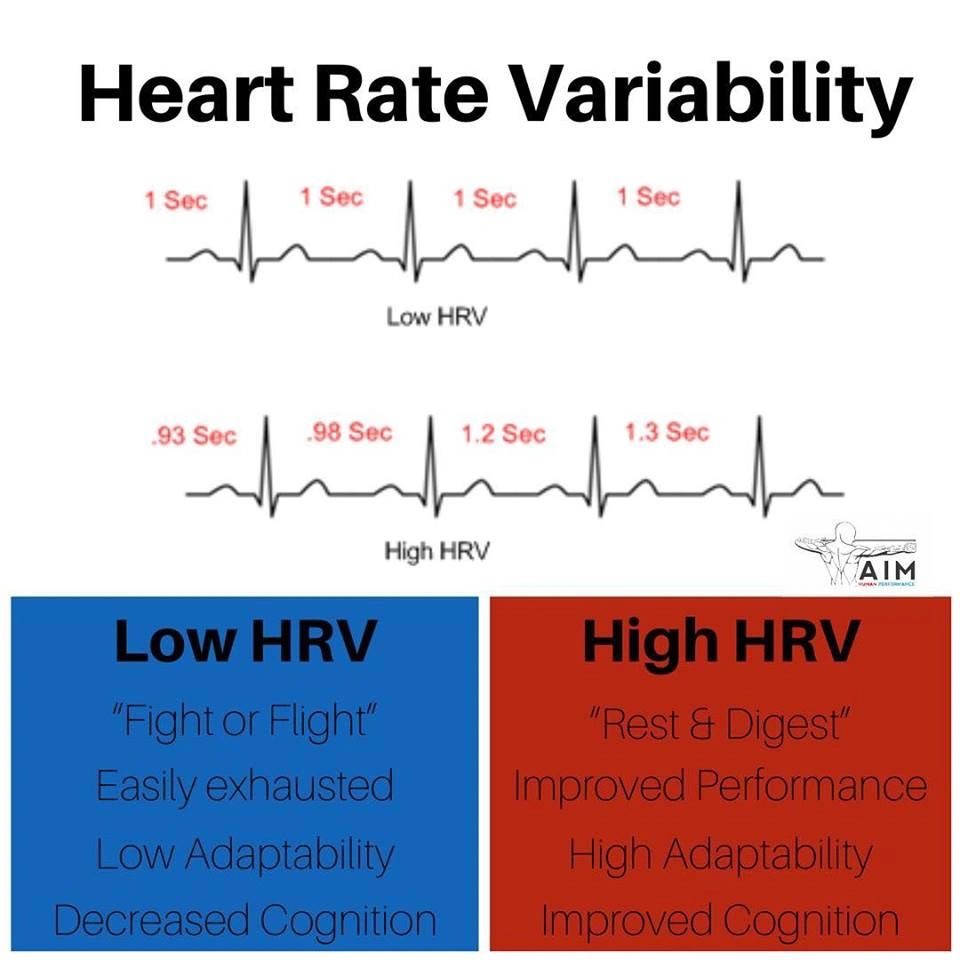Ready to optimize your mental performance?
Join top visionary leaders today.

If you answered YES to the above two questions, you may be suffering from a new condition I’ve been referring to as “Remote Work Jet Lag.”
If you’re concerned you may have this condition, don’t worry, you’re not alone! Many are suffering from it.
And there are some easy tips to cure it and get your energy and motivation back.
I think you’ll find it fascinating, and it may change the way you understand your body and how to stay at peak energy levels. Or just skip past the terminator picture and read the numbered list at the bottom…
The underlying causes of Remote Work Jet Lag are similar to regular jet lag.
The Mayo Clinic says, “Jet lag is a temporary sleep disorder. It occurs when the body's internal clock is out of sync with cues from a new time zone. Cues can include light exposure and eating times. Fatigue and difficulty concentrating are symptoms.”
Your body is a finely-tuned biological machine; one that produces hormones and other chemicals to aid in our daily routines. Re-read the previous sentence in Schwarzenegger's Terminator voice for added effect.

Certain chemicals help us go to sleep, wake-up, digest food, exercise, etc. And the body times their release based upon your typical habits and routines, like clockwork…
For example, if you normally eat lunch at noon, slightly before that the body may start releasing gastrin, the hormone that stimulates the stomach to release gastric acid for digesting food. And if you typically go to bed at 10pm, the body may start releasing melatonin just before that to help prepare you for sleep. There are hundreds of these processes happening every day.
When the body prepares for us to eat, and we miss our meal, or prepares for us to wake-up, and we sleep in, it throws these hormonal systems and cycles into chaos. Essentially, the whole body gets out of sync, and this depletes our energy and makes us feel sluggish.

The newfound freedom of a remote work lifestyle is wreaking havoc on our routines.
I sampled a handful of newly minted remote workers about their daily routines, and here’s what I found.
And many of these individuals are tracking their HRV (Heart Rate Variability) via fitness trackers, like Whoop. HRV is a common measurement of one’s energy and vitality. A high HRV means you’re excited and ready to take on the world, and a low HRV means you’re feeling sluggish and lethargic.

And *drum roll* having inconsistent daily routines is suppressing their HRV to new lows. In fact, having inconsistent daily routines are some of the top variables that suppress HRV. So without further ado, here are the...
And if you want to end Remote Work Jet Lag for good, scroll below and subscribe to Dreamfuel's weekly content. Each week you’ll receive cutting-edge mindset techniques to keep you at the top of your game at work and at home.
Join top visionary leaders today.
